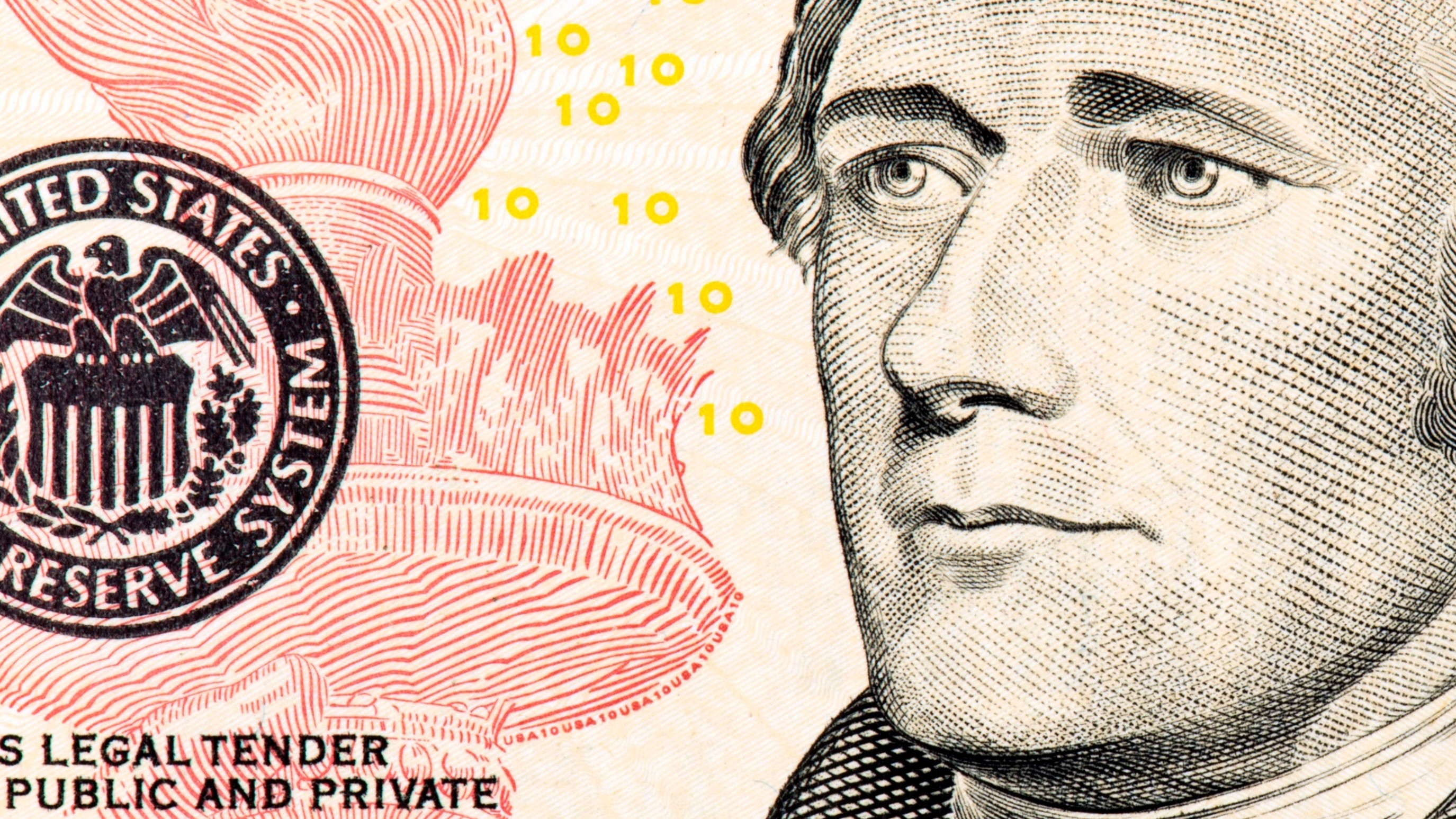
In recent developments, Wall Street traders have been pulling their money out of US stocks and junk bonds at an unprecedented rate. This comes amidst rising Treasury yields, increasing pressure from the Federal Reserve hawks, and escalating strife in the Middle East. The S&P 500 has experienced a daily decline for every day this week as top tech companies have seen their stocks drop nearly 8%. Equity volatility is on the rise as dip-buyers are silenced. This comes despite strong economic growth, lowering interest rates, and major technological advancements that were expected to boost the market. The likelihood of an interest rate cut in June has significantly decreased due to concerns about inflation and job market growth.
The stock market rally of 2024 was fueled by these three crucial factors: strong economic growth, lowering interest rates, and major technological change. Many assumed that the third factor, lowering interest rates, would be fulfilled in 2023 but recent comments from the Fed put this in doubt. The likelihood of an interest rate cut in June has dropped significantly due to developments concerning inflation and the job market. Despite these challenges, some experts predict opportunities may arise if economic drama can be avoided.
The financial markets have been impersonal and seem indifferent to geopolitical concerns. There has been a consensus for a ‘soft landing’ in the economy, but it may not persist. A potential scare could be triggered by an inflation or activity indicator surprising significantly to the upside, leading to expectations of higher interest rates for longer. Growth pessimism is perennial and waiting to be rekindled by a weak outturn or as the ultimate outcome of a ‘higher for even longer’ scare. The investment context has felt quiet with little opportunity in securities, but if economic drama can be avoided, opportunities may arise. Bonds look reasonably valued for the first time in many years.
In summary, Wall Street traders are pulling their money out of US stocks and junk bonds at an unprecedented rate due to rising Treasury yields, increasing pressure from the Federal Reserve hawks, and escalating strife in the Middle East. The S&P 500 has experienced a daily decline for every day this week as top tech companies have seen their stocks drop nearly 8%. Equity volatility is on the rise as dip-buyers are silenced. Despite strong economic growth, lowering interest rates, and major technological advancements that were expected to boost the market, the likelihood of an interest rate cut in June has significantly decreased due to concerns about inflation and job market growth. The investment context has felt quiet with little opportunity in securities, but if economic drama can be avoided, opportunities may arise. Bonds look reasonably valued for the first time in many years.






